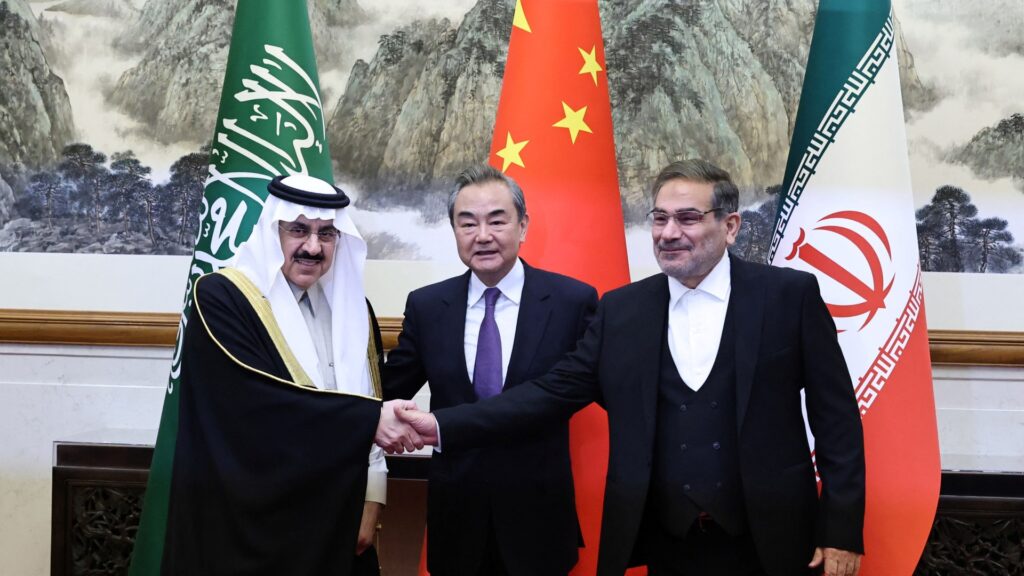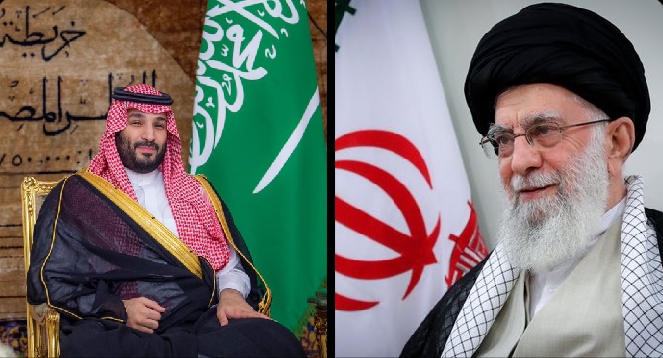Saudi Arabia has called for strengthening relations with Iran, marking a pivotal moment in Middle Eastern politics.
The two nations, long-time rivals, have agreed to restore diplomatic ties and reopen their embassies within two months, following talks that took place in Beijing.
This agreement, facilitated by China, highlights a growing trend of shifting alliances and power dynamics in the region.
The restoration of relations is not just about diplomacy; it carries implications for broader regional stability. Both countries have been involved in various conflicts across the Middle East, notably in Yemen, where their rivalry has fueled a prolonged humanitarian crisis.

The agreement includes plans for the foreign ministers of both nations to meet soon, paving the way for the exchange of ambassadors and the activation of a security cooperation pact from 2001.
This rapprochement is seen as a major diplomatic win for China, which is positioning itself as a key player in Middle Eastern affairs, especially as the United States appears to be reducing its influence in the region.
The potential for improved relations could lead to a more stable and cooperative Middle East, impacting various ongoing disputes and crises.

